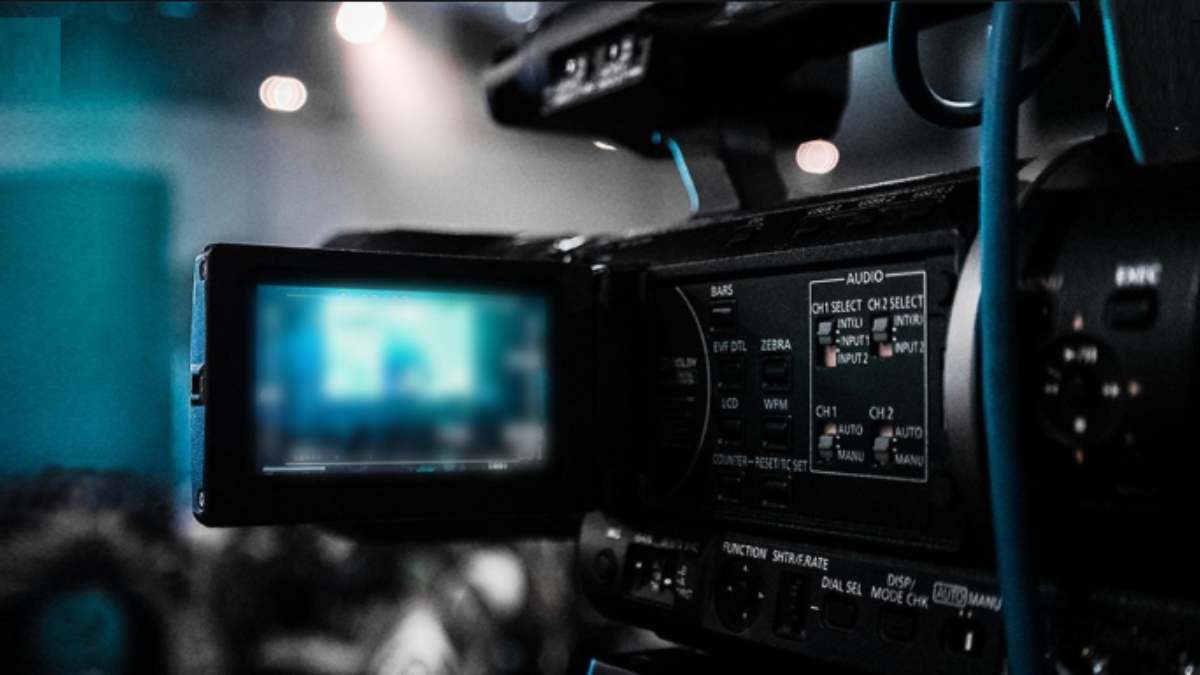


Have you noticed something? Ever since coronavirus struck us there has been a slight shift in our television news content and coverage. For over an entire month, we have had some fairly intelligent conversations in our studios as the anchors, panellists and viewers have tried to deal with the pandemic. In the initial part of the lockdown when we were still trying to understand what we were up against, the studios were filled with panels comprising of doctors, health workers, epidemiologists and scientists. Later when we began to worry about the economy we zoomed in the economists and the business community. We spoke to the stakeholders themselves. However, it is not that the politicians were ignored. They made their presence felt via press-conferences, some cogent interviews and some not so cogent press releases.
But I would say that for the most part politicians did what we had elected them to do, and worked towards finding solutions in their media interactions — with Hardeep Puri, Nitin Gadkari, Capt Amarinder Singh, Ashok Gehlot, Sachin Pilot, Ram Madhav, Manish Tewari coming to mind as some of the more practical voices. What is missing is the noise and the acrimony that had come to symbolise prime time television. We are all in the same boat trying to find our way to the shore and we’re all mostly rowing in the same direction simply by discussing issues that unite, not divide. So, over a month has gone by without debating My Nationalism Vs Yours, My Kashmir Vs Theirs, Bhakts Vs Piddis, Nehru Vs Patel, Mandir vs Masjid, Article 370, Veer Savarkar, Godse and Jinnah. Hence, despite the corona scare, despite our very lives being at stake, despite the sheer uncertainty of the next pay cheque, it has been a relatively peaceful month.
If the air pollution levels have improved, so has the noise pollution. Of course, the Tablighi Jamaat incident and Palghar lynching brought back the communal debates into the studios for a while as both the liberal lobby and the Hindutva apologists viewed a law-and-order breach and a murderous act with the usual coloured lenses. Some channels extended this debate longer than was needed for this is TRP-breeding ground. Another lapse was when some bureaucrats (or was this a ministerial decision?) in the rail ministry decided to charge the already battered migrants their ticket fare with a surcharge for the special trains home; ditto for when the Karnataka government decided to hold migrants hostage. In the last two cases, the crisis went back to being a BJP vs Congress one. But for the most part, we have tackled the crisis for what it is — a national problem and not a partisan one. In fact, if you look at some of the most articulate panellists during lockdown they would be the citizen voices. Rajiv Bajaj was the first to raise the lives vs livelihood debate as he pushed for an early end to lockdown; Harish Salve made an important point when he pointed out that for India to run, India Inc needs to run.
We had tech geeks, economists, airline and restaurant owners, school principals, mental health counsellors, university students, mystics and even hair stylistics on prime-time television — all coming in not as panellists or experts but as stakeholders looking for solutions. For a brief while, drawing rooms in Lutyens’ Delhi, metropolitan Mumbai and cosmopolitan Chennai were as well versed with the MRP of rabi crop as they were with Franklin Templeton Mutual Funds. Real issues that affect both lives and livelihood were being discussed, as television news finally got real. The sad part is that it took a life-threatening crisis to scare some sense into some of our studios. I do hope this is a lesson that is here to stay because as has been shown during the corona crisis, the media can provide a service that is both constructive and ahem, essential.